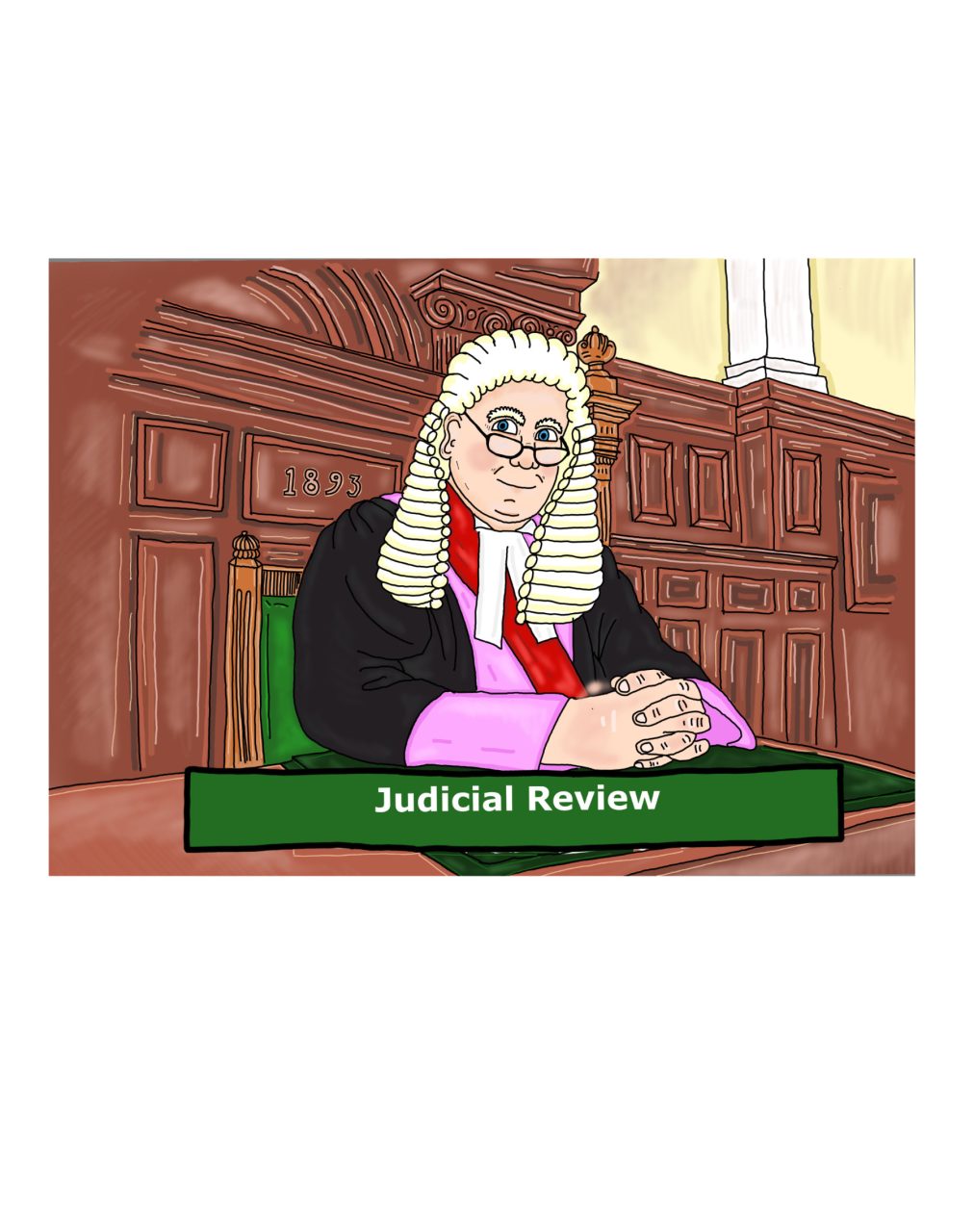WILL THE CASE GO TO COURT?
The first stage of the procedure is to write a “Letter Before Claim” to the local authority. The local authority would be required to respond within 14 days unless the case is particularly urgent. Usually, sending a Letter Before Claim is sufficient to resolve the claim and local authorities will seek to address the breach of duty identified, for example, by providing a child with education.
It is only in extreme cases that a claim would need to be issued in the High Court. This would be where the local authority believes that it has acted in accordance with its duties and denies what is claimed.


